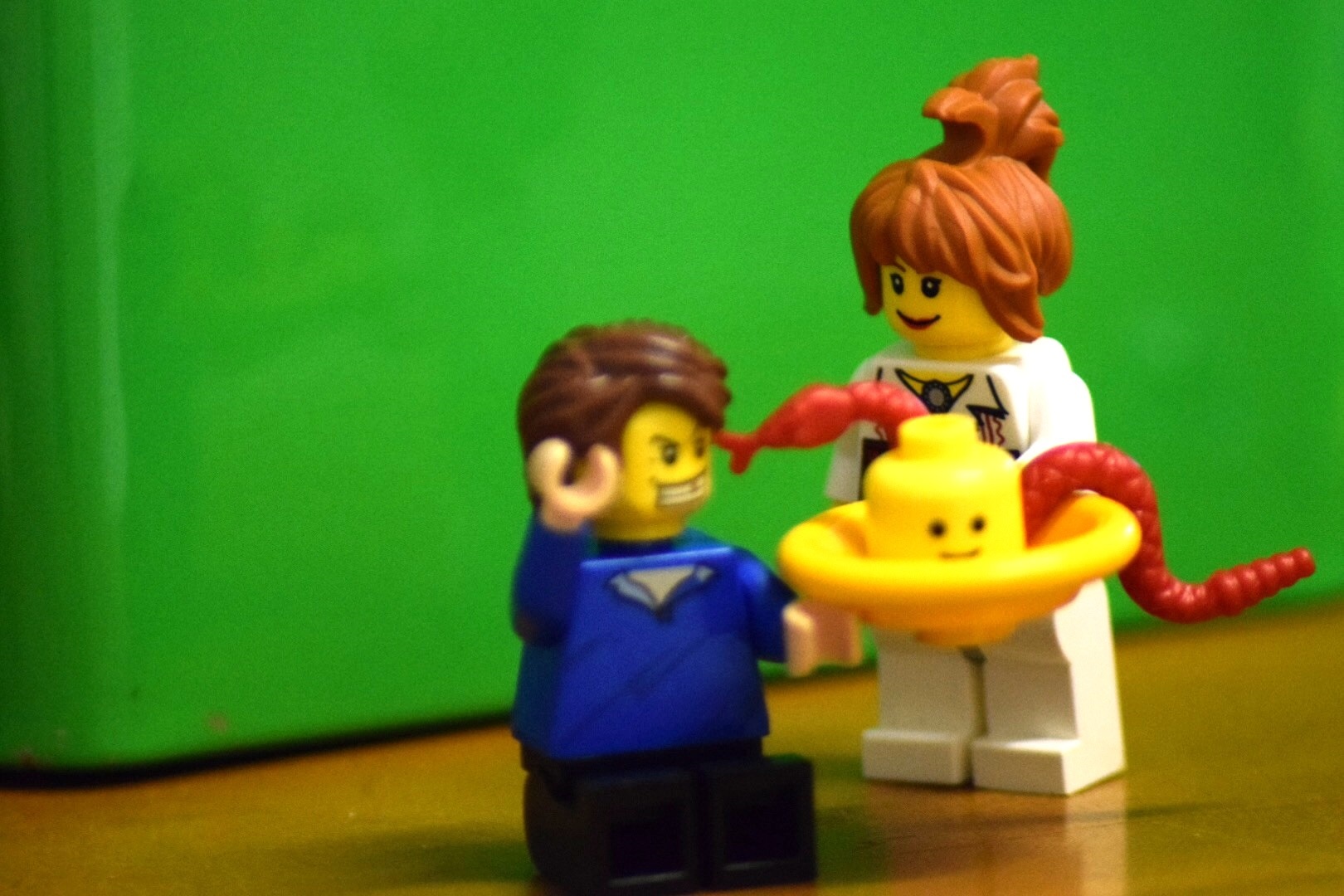Emotional regulation is the ability to be able to monitor and change aspects of our emotions. You hear a lot about it these days and many people do have times when they find it difficult to regulate their emotions.
When it comes to children, it seems that everyone wants to offer something that will get a child to regulate their feelings. All of a sudden everyone is doing it, offering it, tutoring it, providing vitamins that assist it, offering bodily manipulations that enhance it, selling special aids and machines to assist and all sorts of experts (dodgy and non-dodgy) begin to jump on the band wagon. So much so that, like other concepts that get bandied around too often, I do get a little concerned that the well-researched ideas behind emotional regulation may start to lose “street cred” and people will begin to tune out to all of the emotion regulation information and consider it to be waffle.
If we peel back the layers of people eager to jump on board a buzz topic, we can begin to see what might be truly offered by learning to regulate emotions.
When people come across troubled times, they normally try various adaptive (problem solving, sharing, accepting) and maladaptive things (alcohol, withdrawal, violence) to manage strong feelings. Research tells us that it’s the use of maladaptive strategies to regulate emotions that is most detrimental. Being able to regulate emotion can affect whether or not people with certain personality traits go on to develop problematic mental health such as depression.
I first heard about teaching emotional regulation when I was learning how to implement Dialectical Behaviour Therapy for adults with Borderline Personality Disorder. Most often, those with Borderline Personality disorders have a raft of problematic coping and interpersonal skills and repeated self-harm. They are indeed a complex group to treat. I was not, however, surprised to see the ides of teaching others to manage their emotions starting to crop up in interventions for other mental health issues over the years – eating disorders, chronic depression and autism spectrum disorder. It makes sense to teach those who are having trouble with their feelings to understand and not be overwhelmed by their own feelings or feelings expressed by others.
To truly learn to regulate emotions is a very complex task. People need to be tuned in to the need to regulate themselves and decide whether they want to regulate their emotions or just let fly. If they do want to regulate, then they have to decide which strategy they might use and then they have to correctly execute that strategy.
The idea that poor regulation of emotions can be fixed quickly does seem a little like snake oil.
Learning to regulate our emotions takes time and a willing learner. When you understand that learning to regulate our emotions is so multi-layered, a day-to-day or school approach would seem to have merit. Many schools are beginning to incorporate emotional regulation into their class curriculum. You may have heard of the Ruler Program or aspects of Seligman’s Positive Psychology being incorporated into school curriculums. Some schools also use the resources provided by Kids Matter to introduce emotional skills to students.
It is great to know that there is documented evidence that these emotional learning programs can produce better outcomes for youngsters. However, while social and emotional programs provide useful knowledge about emotional learning, the programs need trained teachers who value the implementation of the program enough to regularly attend the training and implement the programs properly, not jaded teachers who are too busy doing all the other things required of them to value delivering an emotional learning program.
So, tread warily when you are thinking that a child, or indeed an adult that you care about, needs to learn to regulate their emotions. There is no quick fix. A psychologist may be able to assist if you wish to increase the dosage rate of acquiring these skills. A psychologist can help hone in on the particular areas that need work. Also, get on board if your school offers an emotion regulation program (hopefully one that has been adequately researched and provides teacher training and support).
While you are at it, consider the processes that allowed you to understand your emotions as you were growing up.
Guide your children to attend to, and label, their feelings and the feelings of others when you can – watching television together, observing others at the supermarket, sharing your day’s events around the dinner table. Reflect with them on what works for you and for them, and the “pros and cons” of the things they tried to manage strong feelings.
Learning about emotions in ourselves and others is an ongoing process. Getting children attuned to their emotions early may help prevent significant mental health problems down the track, but beware of the quick fix. Look to day to day opportunities with parents, carers and teachers who understand and believe in the programs that rigorous research tells us really work.
